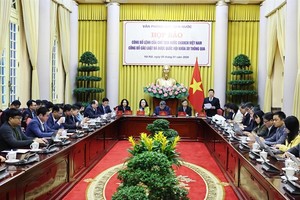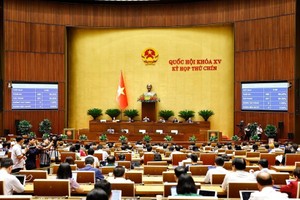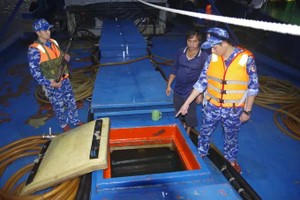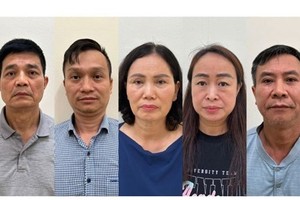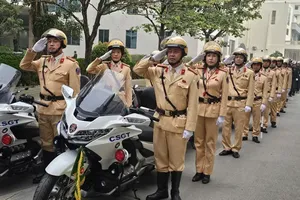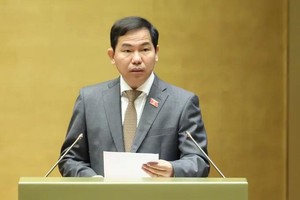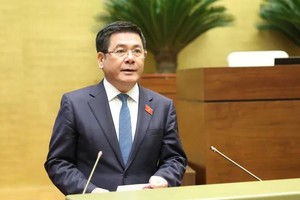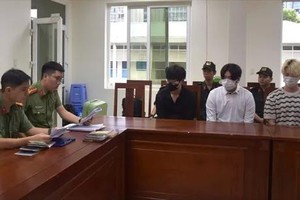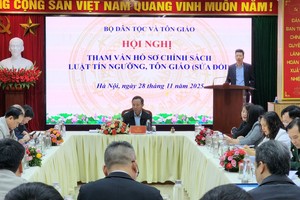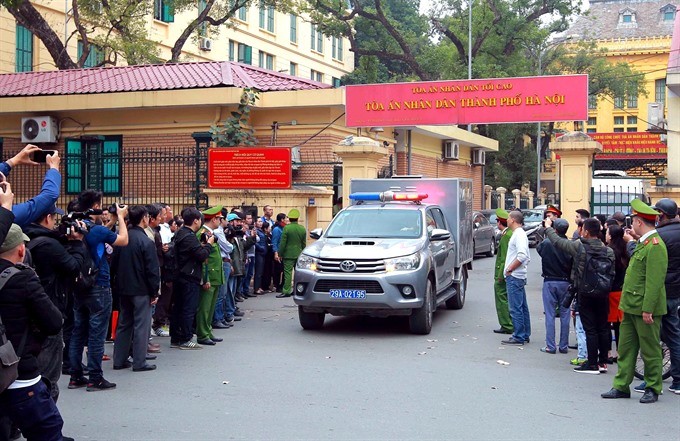
Some 22 defendants were punished for their involvement in the wrongful selection of the then financially-struggling PetroVietnam Construction JSC (PVC) as the one to undertake the US$1.7 billion Thai Binh thermal power plant project, under the behest of PVC’s mother company, National Oil and Gas Group PetroVietnam (PVN), against regulations and in spite of PVC’s demonstrated lack of capacity. The advance payment ($6 million and VND 1.3 trillion) paid by PVN to PVC was also found to have been misused, resulting in a loss of VND120 billion ($5.3 million) to the State coffers.
The Hanoi court deemed this a particularly serious case of economic violations and corruption, where the defendants, holding high-ranking positions in State-controlled economic establishments entrusted by the government to carry out strategically important projects, abused their power to intentionally commit wrongdoings.
The final sentences handed down to the defendants mostly stayed true or were lessened slightly, compared to the punishments that the Hanoi prosecutors sought, with the strictest one being life imprisonment and the lightest one being a suspended sentence.
Dinh La Thang, PVN former chairman and former Politburo member, expelled from the Communist Party in December last year, received 13 years of imprisonment on the charge of “deliberate violations of State management regulations on economic management, causing serious consequences” under the Penal Code. Prosecutors originally wanted 14-15 years for Dinh La Thang as they identified him as the one who signed the approval designating PVC as the general contractor, despite evidence pointing towards PVC’s weaknesses. The judges said the prison time was cut back after “serious consideration of Thang’s clean record and extenuating circumstances”; however, he would be barred from holding financial and economic manager positions 4-5 years after serving the sentence.
Some 13 others were also given jail time due to violation of economic regulations, including Phung Dinh Thuc, former PVN director-general, and his two deputies Nguyen Quoc Khanh and Nguyen Xuan Son.
Some 10 defendants were found guilty of embezzlement, including PVC former deputy general-director Nguyen Anh Minh, who got 16 years.
Of the 10, three defendants, originally working in Vung Ang – Quang Trach project’s management board, and receiving suspended sentences, were released immediately (if they are not involved in another case).
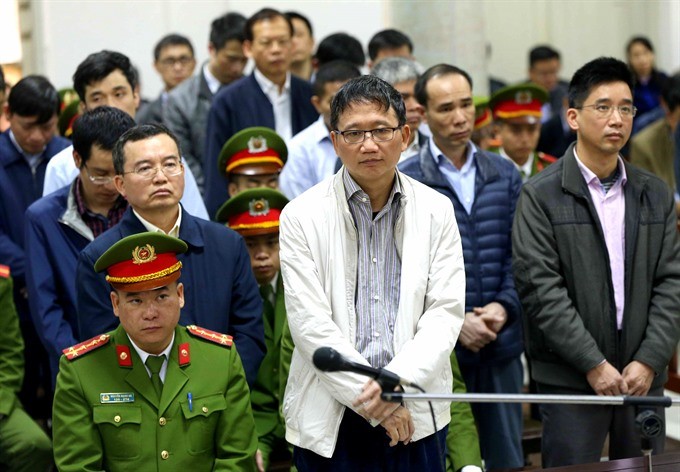
Trinh Xuan Thanh, former chairman of PetroVietnam Construction JSC, a subsidiary of State-owned oil group PetroVietnam, and accomplices, listen to the court’s verdict on the final day (January 22) of the two-week trial looking into wrongdoings taking place at the corporation. (Photo: VNA/VNS)
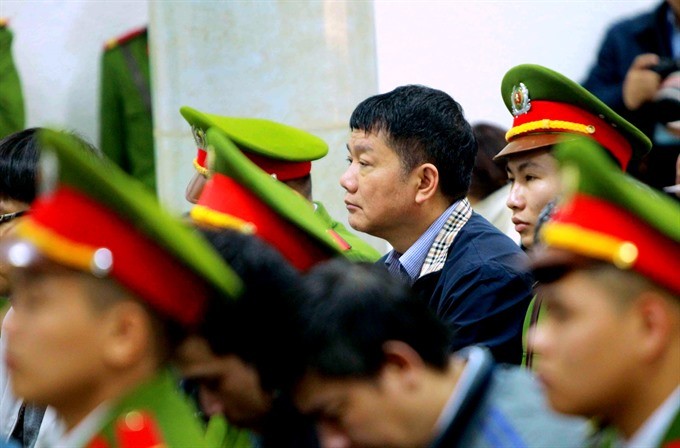 Dinh La Thang, former chairman of the State-owned oil group PetroVietnam, listens to the court’s verdict on the final day (January 22) of the two-week trial looking into wrongdoings taking place at the corporation. (Photo: VNA/VNS)
Dinh La Thang, former chairman of the State-owned oil group PetroVietnam, listens to the court’s verdict on the final day (January 22) of the two-week trial looking into wrongdoings taking place at the corporation. (Photo: VNA/VNS)
Found guilty of both offences - serious economic violations and embezzlement - two PVC executives Trinh Xuan Thanh, former chairman, and Vu Duc Thuan, former director-general, were given life imprisonment and 22 years, respectively. The judicial panel said Thanh’s serious offence merited the death sentence under the Penal Code; however, as Thanh’s family willingly returned VND4 billion to the authorities and due to Thanh’s sincere acceptance of responsibility for wrongdoings during the trial, Thanh’s sentence was reduced.
The State-owned oil group, PetroVietnam, as a civil plaintiff in the trial, requested the judicial panel to force the defendants to submit VND120 billion – equal to the loss they incurred – back to the State budget. Thang and Thanh were then asked to pay a total of VND60 billion, with each one being responsible for VND30 billion as they have equal responsibilities.
In the trial, some defendants and their lawyers had argued against the appraisal results, calling the process unfair and insufficient, leading to an inaccurate indictment of the defendants involved.
However, the judicial panel said the calculation of loss was actually in favour of the defendants. It said PVC paying back the money, after misusing PVN’s advance payment should have been considered an extenuating act; the wearing down of machines as well as the loan’s interest accumulated due to the project running behind schedule were not factored in the loss on which sentences for the defendants were based.


